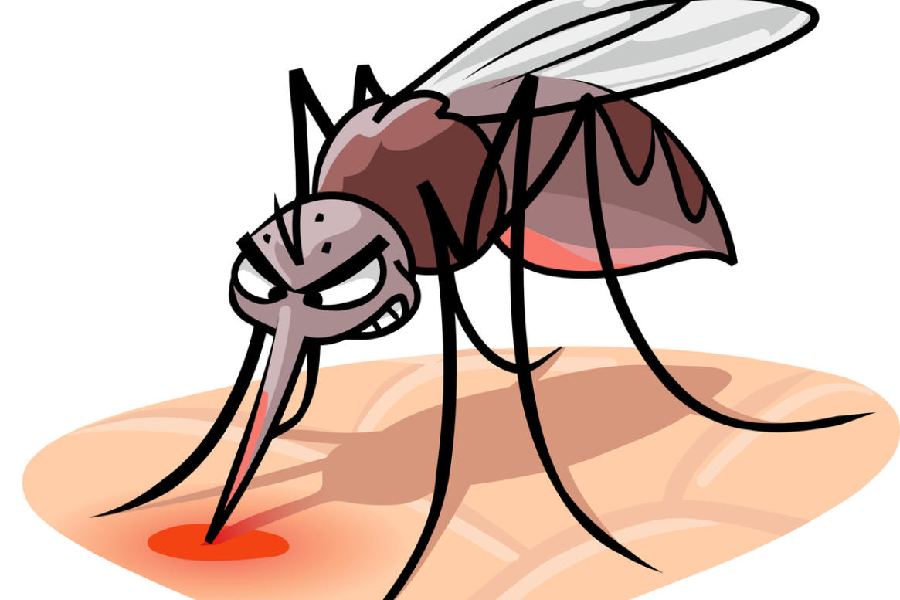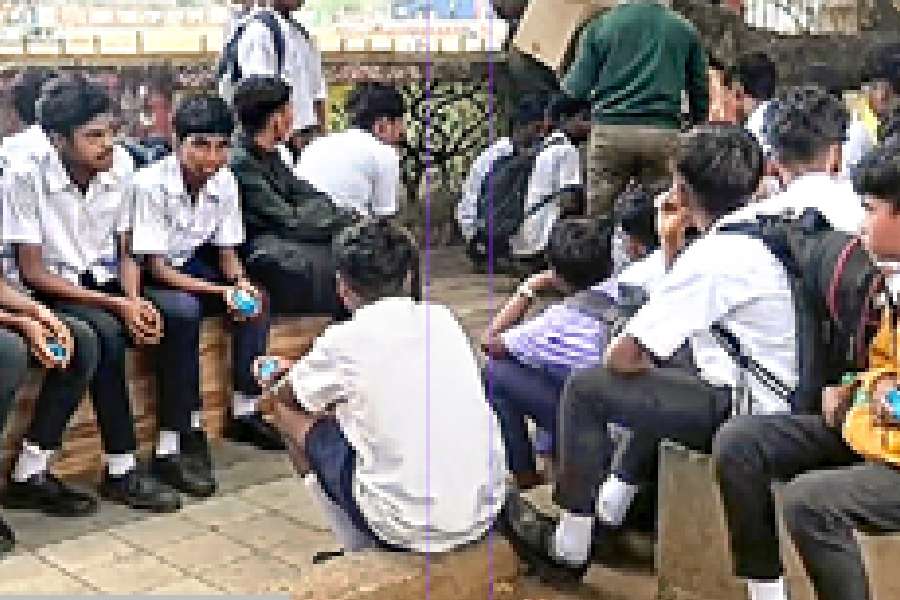The monsoons are in full swing and mosquitoes are everywhere. They bite, buzz and irritate. Additionally, they spread dmalaria, filaria, dengue and chikungunya.
Only the female mosquito bites, as it needs human or animal blood to reproduce. Unfortunately, they do not bite just once. The same mosquito can bite repeatedly, several times, as it attempts to get sufficient blood (aroundsix to 10g) to reproduce. As the mosquito bites, it injects saliva into the skin. The proteins in the saliva prevent the blood from clotting.
Mosquitoes hide in dark corners of a house. Some species bite in the daytime, others at night. Initially, there may be a pinprick sensation, followed by redness, swelling and itching and, sometimes, an allergic reaction.
Mosquitoes bite some people more than others. Even when three or four people are seated together, it bites one person more than the others.
Mosquitoes prefer people with the blood group O. They like certain body odours, the smell emitted with a mixture of sweat, sebum, soap and perfume. They also like certain colours — black, navy blue, oranges and reds. Mosquitoes do not bite through clothing so long-sleeved shirts and pants are protective.
Adults itch with mosquito bites. Children may develop severe allergies and even fever.
To tackle these symptoms, wash the bitten area immediately with soap and water and then apply ice. The swelling and itching will reduce. Make a paste by taking a tablespoon of baking soda and one tablespoon of water and apply it to the mosquito bite. Repeat every three hours. If the itching is intense, a 1 per cent steroid cream can also be applied. Antihistamines will also reduce itching. They take time to act and can cause drowsiness.
Reduce the population of mosquitoes around your house by not providing breeding areas for them. Do not allow water to be stagnant. They can breed in very little water, as in a bottle cap, so check your environment carefully. If there is a large pool of stagnant water that you cannot clear, put a hand full of rock salt and 100ml of kerosene into that water every day. This will kill the mosquito larvae, thus gradually decreasing the local mosquito population.
For centuries, humans have been tossing guppies (a type of fish) into lakes, streams and other places where there is standing water to reduce mosquitoes. Once released, they eat mosquito larvae that lie on the surface, preventing them from growing to maturity. You can buy guppies from pet shops and release into stagnant water.
Fix mosquito netting to the windows, ventilators and doors, and make sure to sleep inside a mosquito net.
Blue electric insect lights are available. They attract mosquitoes that fly into the lights and get killed. Remember to keep lights at a height and away from children.
When sitting outside, point a small fan under the table. Mosquitoes cannot fly against the strong breeze and bite your legs.
Do not use vapourising mosquito repellents, coils or mats. They appear to be odourless, but they can cause respiratory allergies, with sneezing, wheezing and coughing.
If you use mosquito repellents, do not rub or spray them on the skin directly. Use them on clothing. Many chemicals are available. They are irritants that must be kept away from the mouth, eyes and young children.
Some natural mosquito repellents are safer and work well. Take a tablespoon of vanilla essence and mix it with one tablespoon of water to make an effective mosquito-repellant. Apply to your skin with a cotton ball. It is effective for a few hours.
The writer has a family practice at Vellore and is the author of Staying Healthy in Modern India. If you have any questions on health issues please write to yourhealthgm@yahoo.co.in










